In celebration of my wedding anniversary today, I found this gem on the internet. It was one of many examples of cake decorators who get the instructions wrong or just plain can’t spell or, worse yet, both!
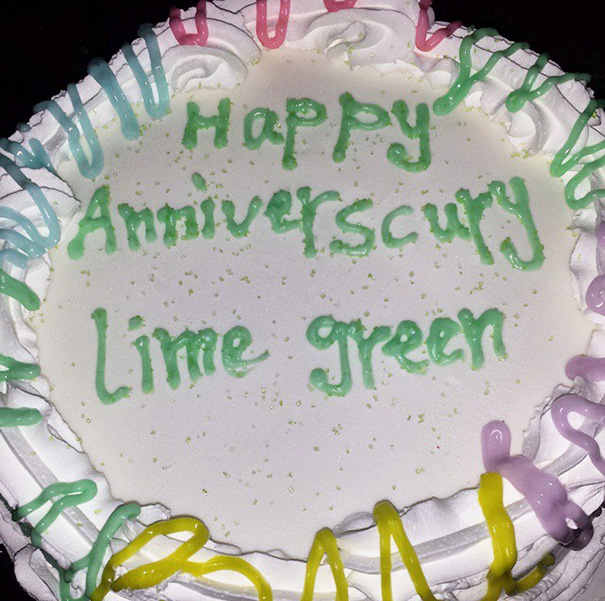
In celebration of my wedding anniversary today, I found this gem on the internet. It was one of many examples of cake decorators who get the instructions wrong or just plain can’t spell or, worse yet, both!

Facebook Marketplace is a plethora of content for Grammar Giggles. Please understand that I am not making fun of people for making mistakes, I’m using those mistakes as a teaching mechanism for proofreading E V E R Y T H I N G! That said, I found this on Facebook Marketplace recently. I understand that the “e” and the “w” are right next to each other on the keyboard, but can we at least look at what we are posting before we actually hit “post”? Or at least edit it afterward if we notice it later?
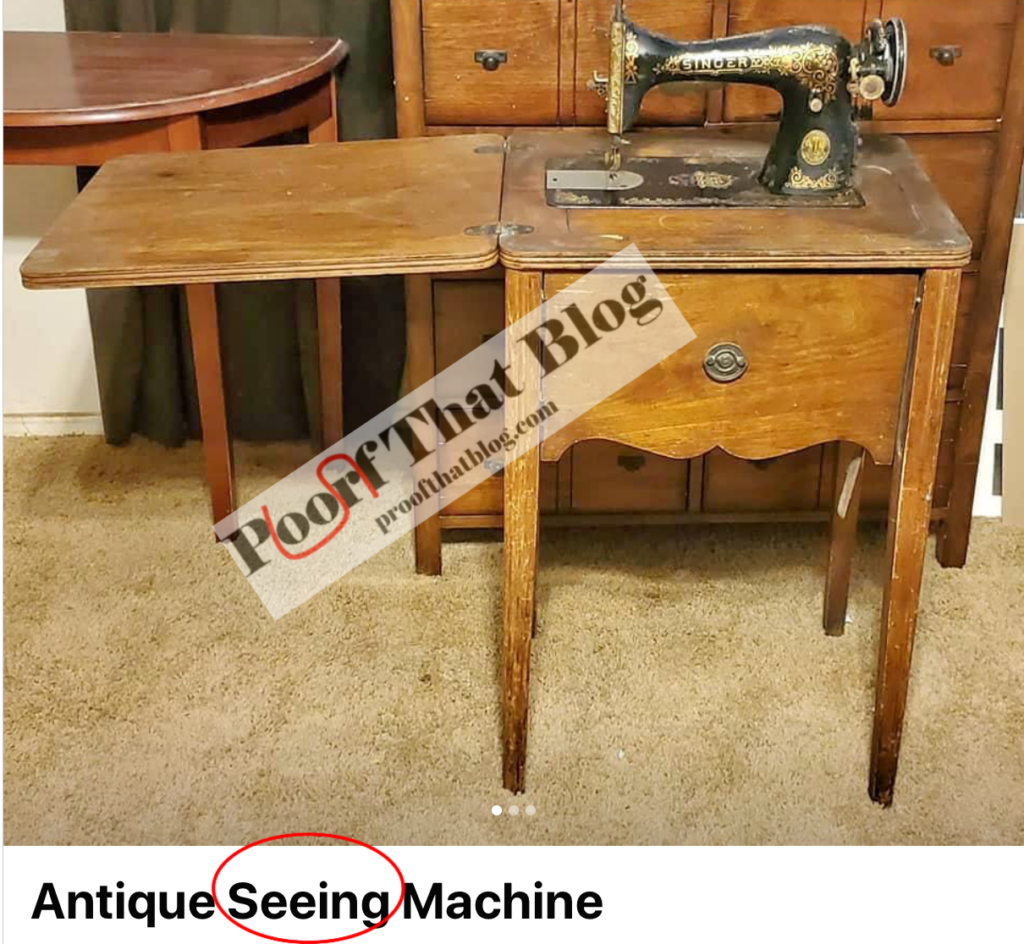
This was an example of a local business trying to help out a local eatery. While that is commendable, getting the name of the business correct is important.
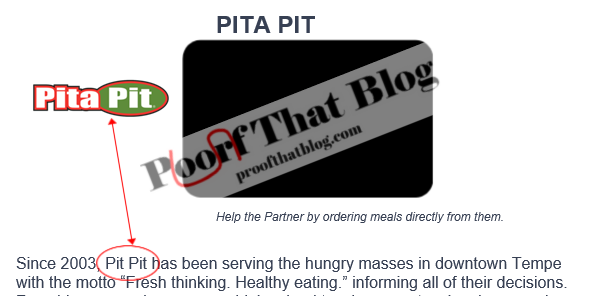
My daughter found this one on Facebook, but as awful as it is, it is believable. I hope the machine becomes convinced to make milkshakes again soon once the maintains are over, but thanks for the apologists!
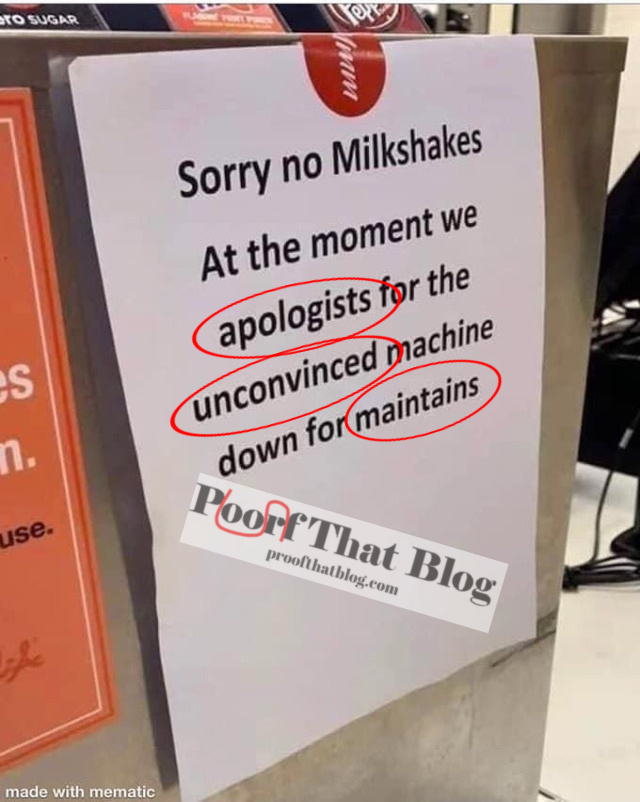
I saw this one while I was waiting for the next round of a game on my phone this weekend. I am usually annoyed by these things, but I wanted to capture a picture of this one because I have made that error before (and wrote about it here)
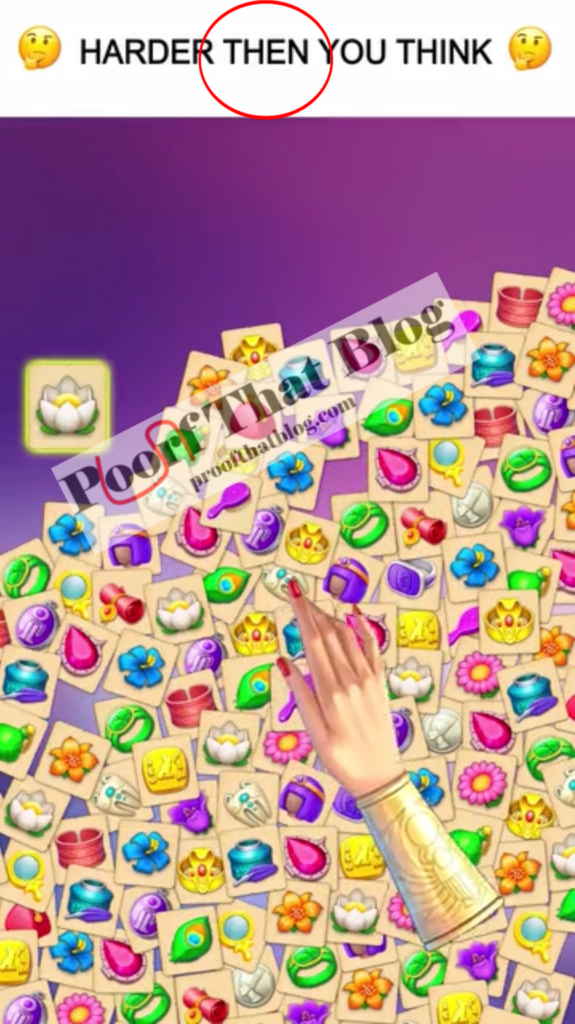
This was a local news story and although I feared the apostrophe in “his” was something on my phone, it was not. And then I found the second error. Tucson, Arizona, is spelled “T U C S O N,” although it is frequently misspelled. But for an Arizona news station to misspell it–in the same article that they added an apostrophe to “his”–is inexcusable. “His” doesn’t need an apostrophe because the word itself means that it belongs to him so there is no other possessive for HIS apartment.
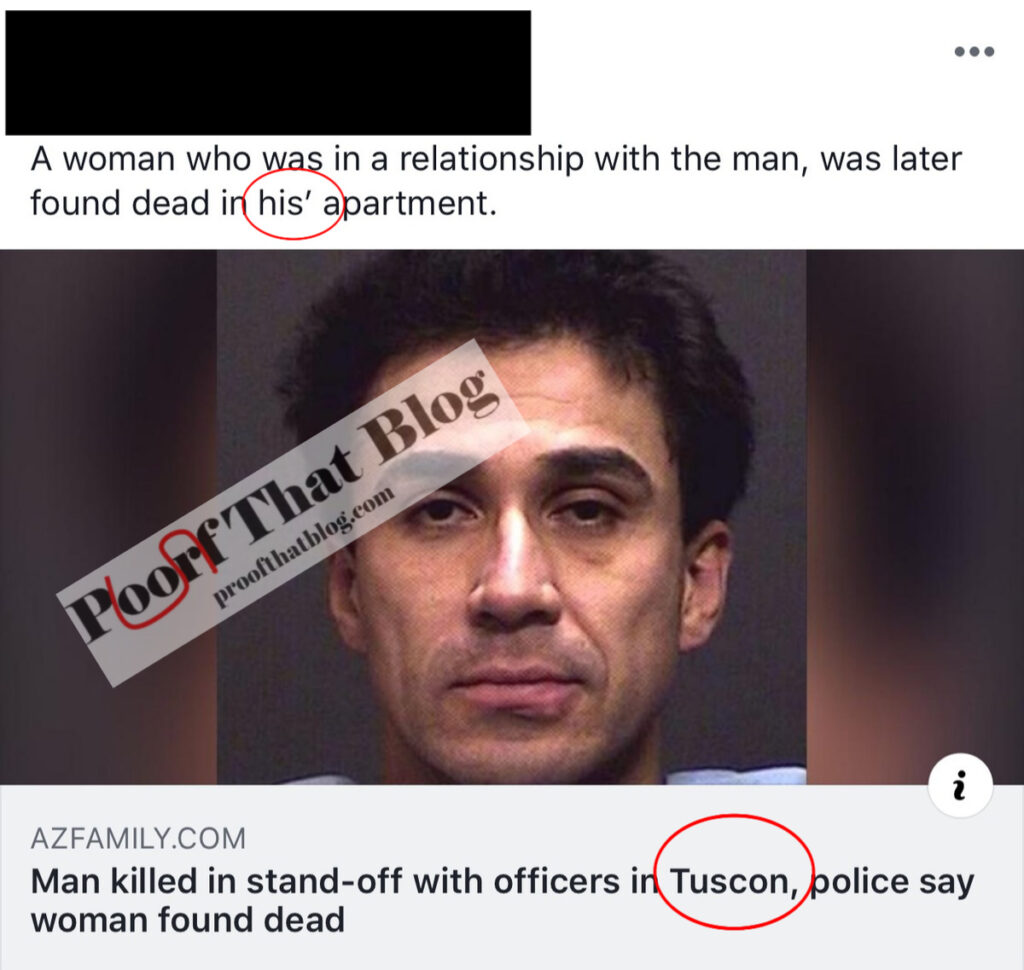
It’s time for “PTB Confusing Words” where I take a set of two or three words that get confused and give you definitions and try to give you a memory trick to help you remember when to use which word. If you have words that confuse you, use the Ask PTB tab on the website or send an email to proofthatblog@gmail.com and they may appear here soon!
This week’s words are:

Memory tips:
We recently had a sales pitch for a new docketing/calendaring program when I caught this one. At first, I thought maybe it was an intentional misspelling that had something to do with a trademark, but, alas, when I went to the website, “calendar” was spelled correctly, so it was just the pitch that was misspelled. I see a lot of errors in PowerPoint presentations and other presentation materials. That is one where it is really important to have other people proofread it since you know what it is supposed to say, so you “see” it that way, but someone else might not. In any event, it is important to proofread your presentation materials–both visual and your handouts.
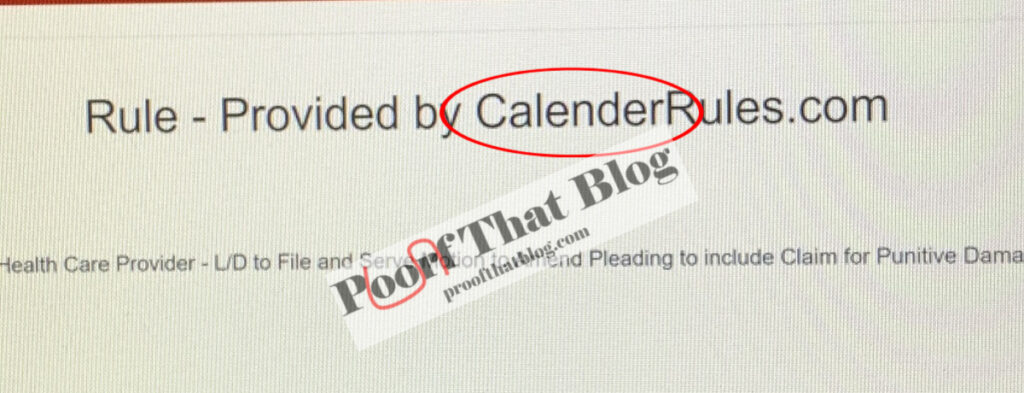
Richard recently asked “You spoke of using the correlative conjunctions ‘not only, but also’ with several different helpful examples, but there’s one example you did not present – when there are two singular subjects in a positive structure. What would we say in the following example:
Do we use ‘is’ or ‘are’ here? We are talking about both subjects doing something.”
When you have two singular words joined by not only . . . but also, the subject is singular and so you use a singular verb. This would cover your examples. Both words are singular–“John” and “wife,” “he” and “she.” So the correct word in both cases would be “is.”
You should also notice that there are no commas in that sentence. Most sources I reviewed said there would be no commas unless it was confusing. I don’t think that fits here.
Thanks for the question, Richard, and I hope you got the answer you were looking for. If anyone still has questions, check out the blog post “Not Only More Subject/Verb Agreement But Also Intervening Clauses” for more information about this and more or Ask PTB at the tab above.
A reader recently asked, “I am writing a lengthy article that contains many quotes. From time to time, I will bold a portion of the quote for the sake of emphasis. I normally include an ’emphasis added’ in the citation to the source of the quote. Instead of adding ’emphasis added’ so many times throughout the article, would it be permissible to state upfront in a footnote or after the use of the first ’emphasis added’ that throughout the entire article, whenever the reader sees a portion of a quote bolded, it is my ’emphasis added’? That way I will not have to clutter the reading with so many ’emphasis added.’
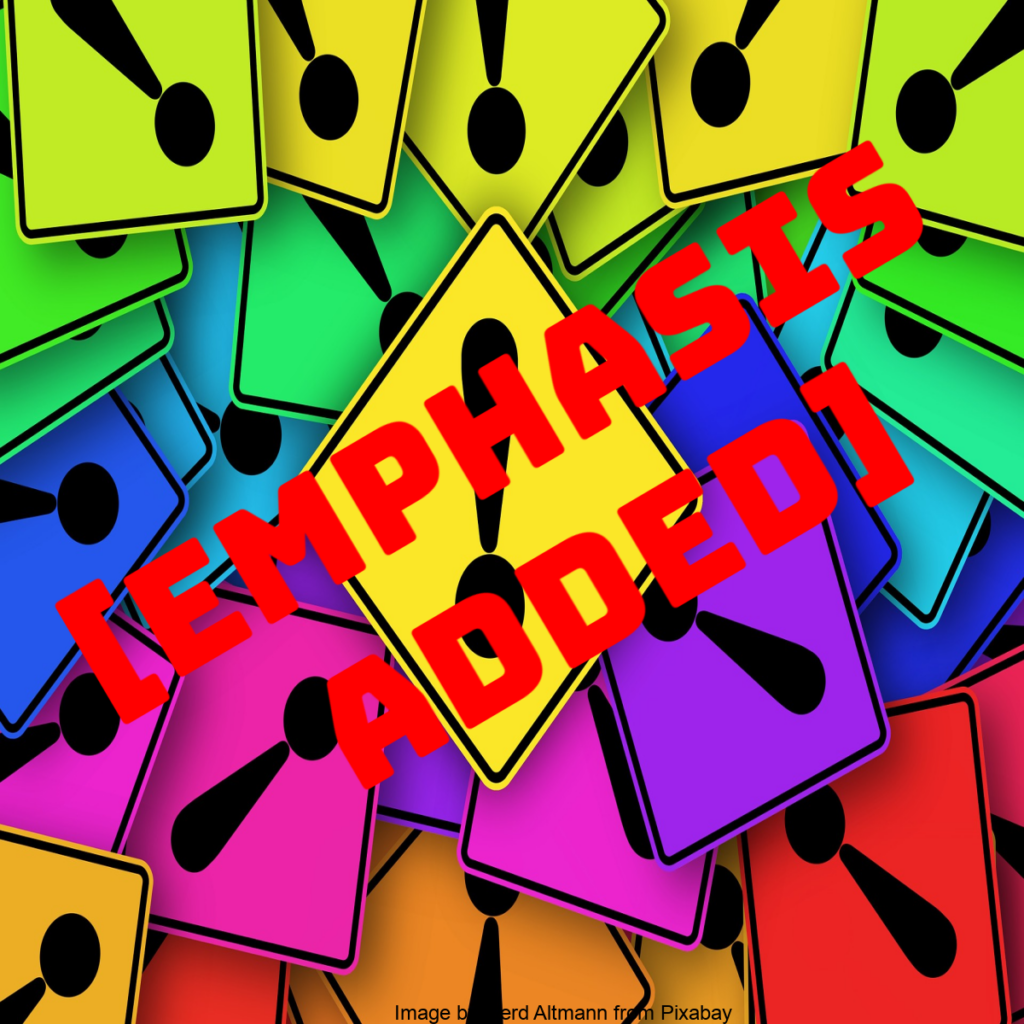
Everything I find says that the phrase “emphasis added” should appear after the citation according to The Bluebook and immediately after the italicized words or in parentheses immediately after the quotation according to the Gregg Reference Manual and similar language in the APA and CMOS materials.
HOWEVER, I can see that adding that every single time would make an article very difficult to read, so unless it is a legal document or article subject to The Bluebook, I personally would appreciate the addition of an explanation of the bolding structure in quotations in one place (and probably at the first instance it is used) instead of every single time. While I can’t back that up with reference manual proof, for the readers’ sakes, I think it makes sense.
Thank you very much for the question! If you have a question that is bothering you, please Ask PTB by using the tab at the top of the proofthatblog.com page.